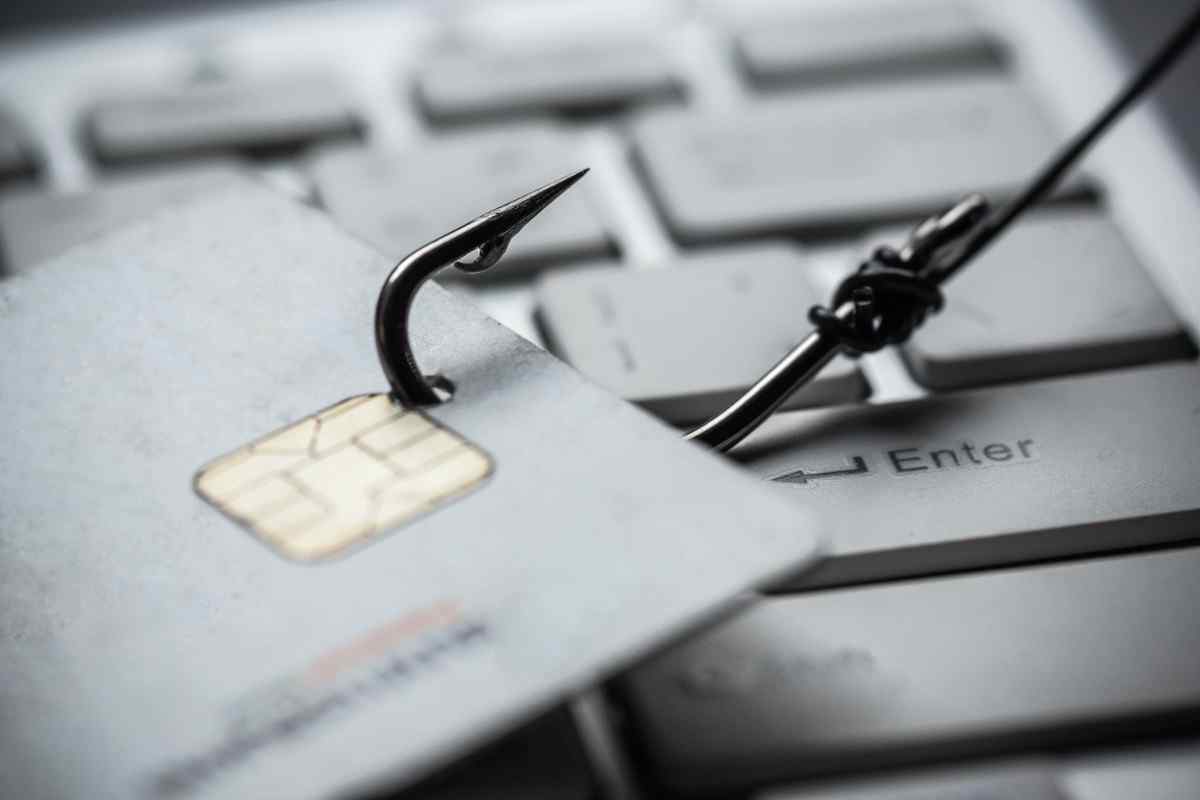Protecting Yourself from Credit Card Fraud
This is why you should not use your credit card at a sketchy gas station – more consumers are falling victim to credit card fraud each year. It is resulting in painful situations that can be hard to get out of and can leave one's credit score tarnished for years.
About 14.4 million Americans fell victim to identity fraud in 2018, according to the 2019 Identity Fraud Study from Javelin Strategy & Research. And with the advent of new technology, consumers continue to face increasing threats of identity and credit fraud.
These forms of fraud can not only have an emotional impact on victims but can come with large financial burdens as well. In fact, 3.3 million people were responsible for some form of debt that resulted from the fraud committed against them. Further, people reported losing $1.48 billion to scams in 2018, which was a 38% increase from the amount lost in 2017.

The top reports of fraud are typically imposter scams, debt collection, and identity theft. And younger consumers can be more susceptible to such situations than older individuals. In the past years, 43% of people who are in their 20s reported cases of fraud, while only 15% of people in their 70s did. Additionally, some states have higher reported cases of fraud. For example, the top three states where the most fraudulent activities were reported in 2018 were Florida, Georgia, and Nevada, according to the Federal Trade Commission.
What is Credit Fraud?
Credit card fraud is the illegal use of a credit or debit card to obtain money or property illegally. Such cases can happen through a number of fraudulent practices, including:
● Stealing a credit card or illegally using data connected with another individual's account
● Using false documents to open an account in an individual's name or to take control of another account
● Stealing credit card information during legitimate transactions at ATMs, gas stations, bars, restaurants, etc
● Using computer programs to generate credit card numbers that might belong to valid and established accounts
Credit Card Fraud vs. Identity Theft
Identity fraud refers to crimes in which an individual illegally uses another person’s information or data in a deceptive manner. While credit card fraud is, in fact, a form of identity theft, there can be differences between other forms of identity theft and credit card identity theft specifically. Differences might include:
● Impact: Credit card fraud is typically in relation to data and information stolen from a financial account, while identity theft can be broadly associated with other forms of impersonations that could have larger ramifications. Fraud associated with credit theft can be limited to unsolicited charges or use of a card, while identity theft can include crimes involving an individual’s address, social security number, birth date, etc.
● Financial Obligations: Crimes involving credit accounts typically will not result in a victim’s bank or financial institution charging them or holding them responsible for a criminal’s charges. For identity theft, it can be more difficult to regulate or recover from the damages done.
● Long-Term Ramifications: because identity theft can seep into all areas of a victim’s life and can involve information such as Social Security numbers, telephone numbers, government records and the like, it can take a significant period of time to rectify damages. For credit fraud, matters can be cleared up quicker by contacting card issuers and financial institutions directly.
It is important to note that identity theft can involve different forms of credit and even other smaller loans or personal loans such as cash advances and payday loans online. When applying for such small-dollar, short-term loans, borrowers should be careful to only give out personal and sensitive information to trusted lenders. Predatory lenders may not have secure and safe processes that protect borrowers’ data and information.
How to Avoid Credit Fraud and Identity Theft
Some tips on how to avoid identity theft include:
● Making sure to check and verify a lender or a site before giving out sensitive or personal information
● Ensuring that the companies or individuals one works with are legitimate
● Changing passwords for emails, electronic devices, and bank accounts and making sure these passwords are complex and difficult to guess
● Having credit card identity theft protection and encryption software on emails or on sensitive information
● Making sure transactions that require a credit card or account information are secure
● Reporting any suspicious or unsolicited credit card activity to the associated bank or financial institution
● Discarding any “preapproved” credit cards that might be received in the mail and shredding any previous receipts and financial statements
● Not responding to spam emails or unsolicited messages that request identifying data
● Periodically reviewing credit card and banking statements
● Avoiding misleading advertisements and credit repair promises
Consumers can also visit the FBI's Scams ad Safety page or their Identity Theft webpage for information regarding fraud related protection.
How to Deal With Credit Fraud
Consumers who notice charges to a debit or credit account or withdrawals from bank accounts should act immediately. Individuals who recognize identity theft or who want to catch someone who has stolen a credit card can start by:
● Calling the companies where the fraud has occurred
● Reporting identity theft to the FTC
● Reporting credit card fraud to the police
● Placing a fraud alert on the card or account in question and then getting a credit report
Individuals can file a police report for credit card fraud to their local authorities or can report identity theft to the Federal Trade Commission (FTC) online at IdentityTheft.gov or by calling 1-877-438-4338.
In instances of theft or fraud cases, federal prosecutors will typically work with investigative agencies such as the Federal Bureau of Investigation, the United States Secret Service, and the United States Postal Inspection Service.
Identity fraud can have lasting effects on an individual’s mental and financial health. In fact, a 2016 Identity Theft Resource Center survey of identity theft victims found that 74% of respondents reported feeling stressed while 42% said they had financial fears as a consequence of their experience.
Some tips to deal with the financial stress that results from credit fraud include:
● Speaking with a counselor about the emotional effects one might be experiencing
● Talking to a financial advisor who may help to lessen the financial burden an individual is encountering
● Reviewing an institution’s privacy or security policies that may have protections in place for fraud victims





